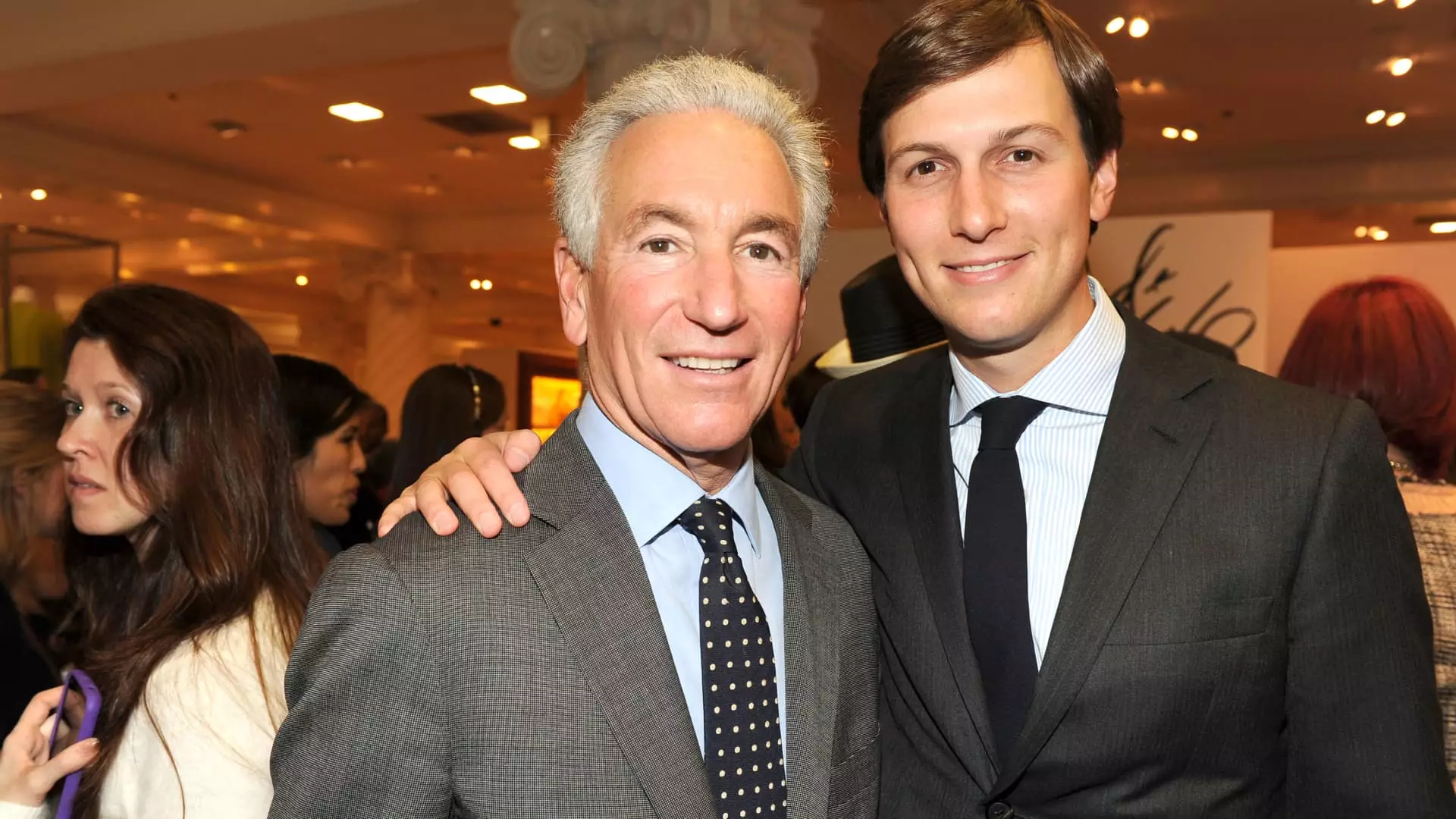The recent announcement by President-elect Donald Trump regarding the potential appointment of Charles Kushner as the U.S. Ambassador to France has sparked a wide array of discussions. This strategic nomination is rooted not only in Kushner’s extensive background as a real estate developer but also in the influential connections he maintains through his family. Jared Kushner, Trump’s son-in-law, has served in high-profile advisory roles during the Trump administration, immediately raising questions about nepotism and meritocracy in political appointments.
Charles Kushner is the founder of Kushner Companies, a significant player in the competitive real estate market. His professional history is marked by notable achievements; however, it is his criminal past that looms large over his public persona. In 2004, Kushner pleaded guilty to multiple serious offenses, including tax evasion and witness tampering. The intricate details surrounding his criminal activity are troubling; Kushner devised an elaborate scheme to retaliate against a family member cooperating with federal investigations, which included shocking acts of deceit and manipulation. Despite this history, Trump’s endorsement paints Kushner as a “tremendous business leader, philanthropist, and dealmaker,” indicating a preference for loyalty and prior personal relationships over scrutiny of character.
The reaction to Kushner’s proposed appointment has been complex and multifaceted. Critics understandably highlight the potential ethical ramifications of appointing someone with a felony record to a prestigious international position, particularly when that individual is entwined in a controversial family legacy. This proposal comes during a time when public trust in government is already dwindling, and concerns about the integrity of political appointments are prevalent. Moreover, the idea of appointing someone with such a checkered past could perpetuate the narrative that power and privilege can shield individuals from the consequences of their actions.
The position of ambassador is pivotal in shaping diplomatic relations between the U.S. and other nations. The selection of an individual with proven integrity and a clean record is crucial to fostering positive dialogue and goodwill. Critics argue that appointing Kushner undermines this objective, potentially jeopardizing U.S. diplomatic credibility. While Kushner’s business prowess could be seen as an asset in diplomatic negotiations, many question whether this is adequate justification for overlooking his criminal past.
As the announcement of Charles Kushner’s potential ambassadorship garners attention, the implications of such a decision reflect broader societal debates about accountability, ethics, and the intersection of personal relationships with political appointments. The combination of Kushner’s past legal troubles and his family ties to the Trump administration creates a narrative fraught with controversy. In the end, this nomination is not merely about Kushner’s qualifications; it reflects the ongoing struggles within American politics concerning morality, influence, and the limits of redemption. The public will undoubtedly be watching closely as this situation unfolds.

Leave a Reply